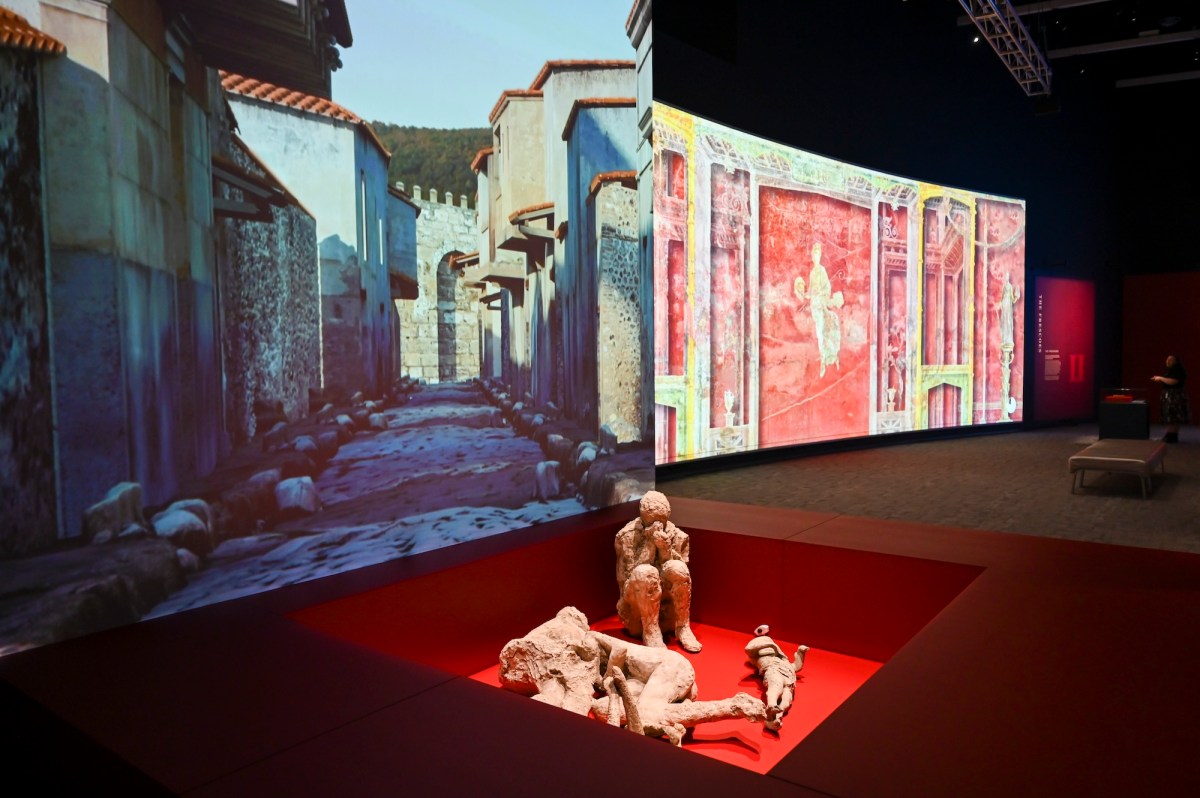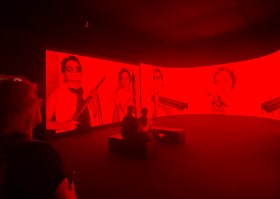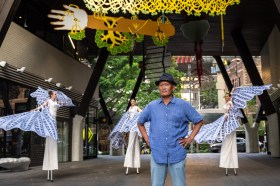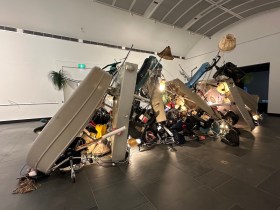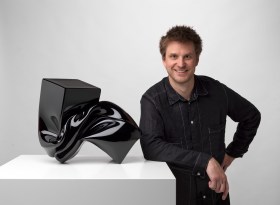A month ago, global arts media reported that Italy’s famed archaeological site, Pompeii, had announced it would cap daily visitors at 20,000, starting in November. After clocking more than four million visitors last European summer, the Park was worried over-tourism could place the UNESCO World Heritage site at risk.
It is not surprising then, that exhibitions such as Pompeii, which opened at the National Museum of Australia (NMA) today (13 December), are immensely popular.
Indeed, this exhibition is not alone in riding the wave of Pompeii’s popularity. Currently the similar exhibitions Pompeii: The Exhibition (now at Elvis’ Graceland), not to be confused with Pompeii: The Immersive Exhibition, and The Last Days of Pompeii are all doing the global circuit, and range from a one-hour fully immersive experience, where you can choose your own avatar experience, to historically toned walk-through experiences.
The Canberra exclusive sits somewhere in between these. With relics and antiquities presented in museum cases, a good dose of didactics to usher viewers through Pompeii’s narrative and just enough video explanations by scientists and archaeologists, this exhibition remains very grounded in the museum environment.
However, the gallery’s central access is washed in a video experience to keep it in touch with contemporary demands. Projected on the gallery walls in a surround-scape in which people wander the streets of Pompeii going about their daily lives, until the eruption of Mount Vesuvius virtually scatters the debris and smoke around the gallery (with a deafening sound environment).
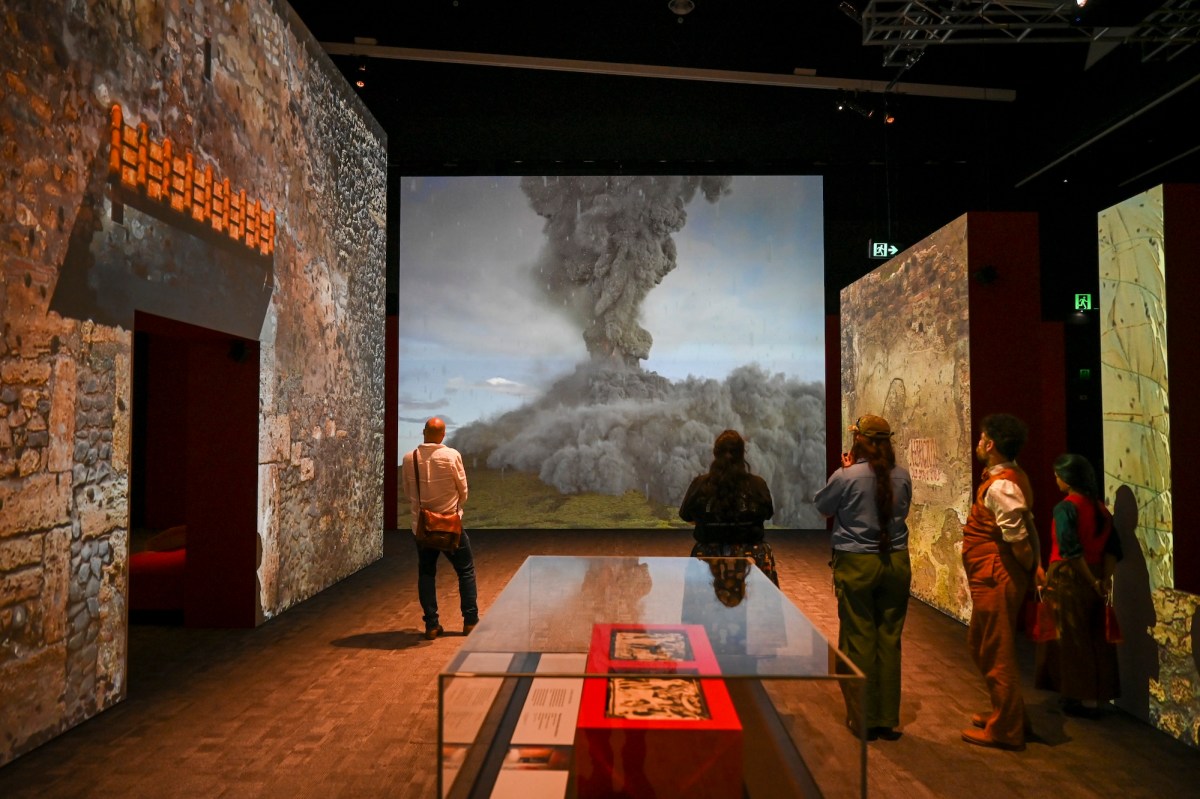
There are a few nice interactives for kids, including a great puzzle game, and an equally great ‘exit through the gift shop’ experience for adults, completing one’s visit.
The partnership of the Parco Archeologico di Pompei with French creators, Grand Palais Immersif and Gedeon Experiences, recognises the role technology can play in extending the education – as well as the entertainment – experience of museum-going audiences. It is a good balance, and tries to tick all the boxes.
Launched in 2020, this is the first time Pompeii is being presented in the southern hemisphere.
What is a nice touch to this exhibition, is that it focuses on everyday life. The objects range from incredibly delicate marble and stone carvings to pottery and glass vessels used for cooking, a mosaic architectural detail and stunning jewellery.
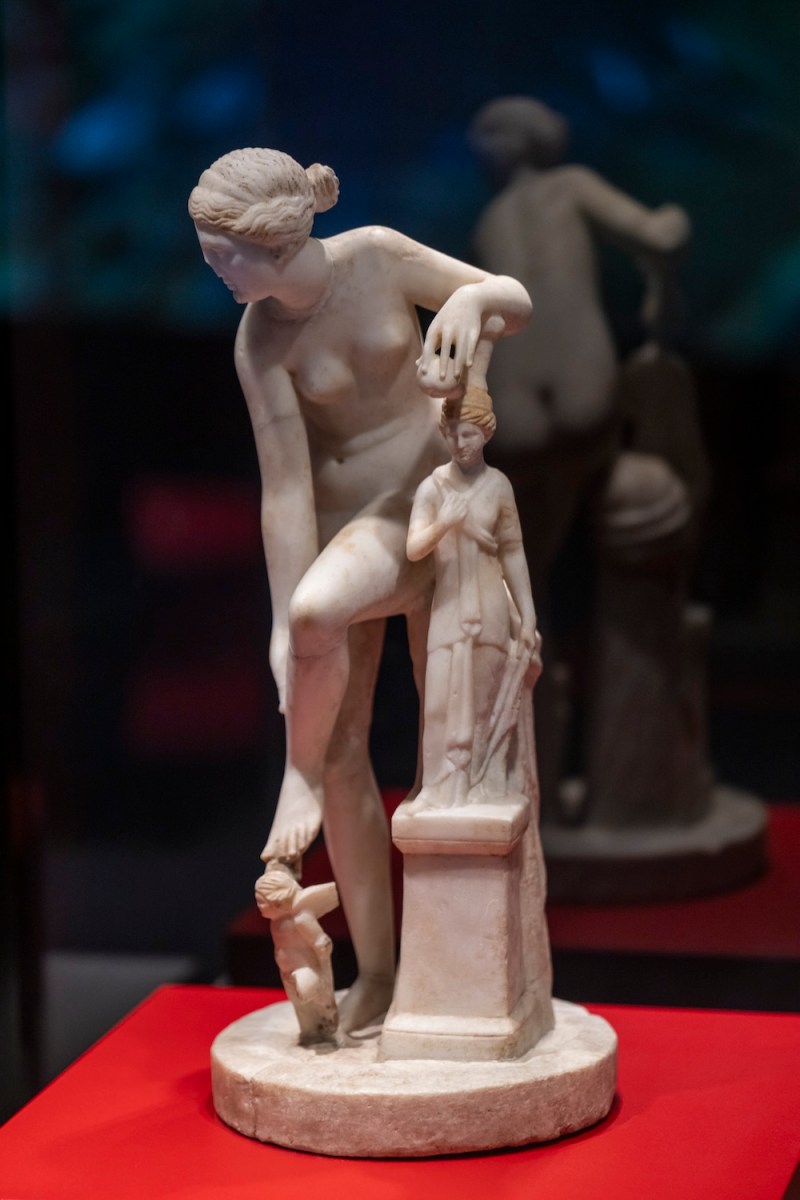
While the frescoes for which Pompeii is famed obviously cannot travel, one gallery is turned over to an expansive video tour of some of the more recently discovered ones – the House of the Garden, House of Leda and House of Orion. It’s easy to be awed by the sophistication, refined craftsmanship and creative celebration that was part of everyday life in Pompeii.
We have to remember that while Vesuvius may have erupted in 79AD, and has fascinated tourists for generations, it is very much a living archaeological site. Actually, the majority of the objects presented in the exhibition are the result of new research and discoveries.
Those newsworthy discoveries have a tipping point. As well as the glut of shows touring, it has been a big year for Pompeii. In March, a stunningly coloured 2000-year-old fresco was uncovered, then in April incredibly preserved frescoes of Trojan War figures, followed by further new ‘sexy’ frescoes discovered in July and October. This all coincided with the April release of a new three-part BBC series Pompeii: The New Dig, which was followed in June with a Kazakh tourist vandalising the House of Ceii scratching letters into its incredible frescoes, and a copy-cat tourist, this time English, again defacing the site in August.
It is an ongoing narrative of destruction and rebirth, and a fine balance between access and education, and protection. We seem to be working that balance out in new ways, and this exhibition is a good example of it. I don’t think we are entirely there.
Read: Exhibition review: Ethel Carrick and Anne Dangar, National Gallery of Australia
While I love that exhibitions like this open up our world, and remind us of the appreciation of culture and beauty in a civilised society (making this very timely), I still feel like we are on a journey of reshaping our museums for our times. That said, it is an exciting journey of learning and recalibrating, that the NMA is embracing completely.
Pompeii
National Museum of Australia
13 December – 4 May 2025
Tickete

